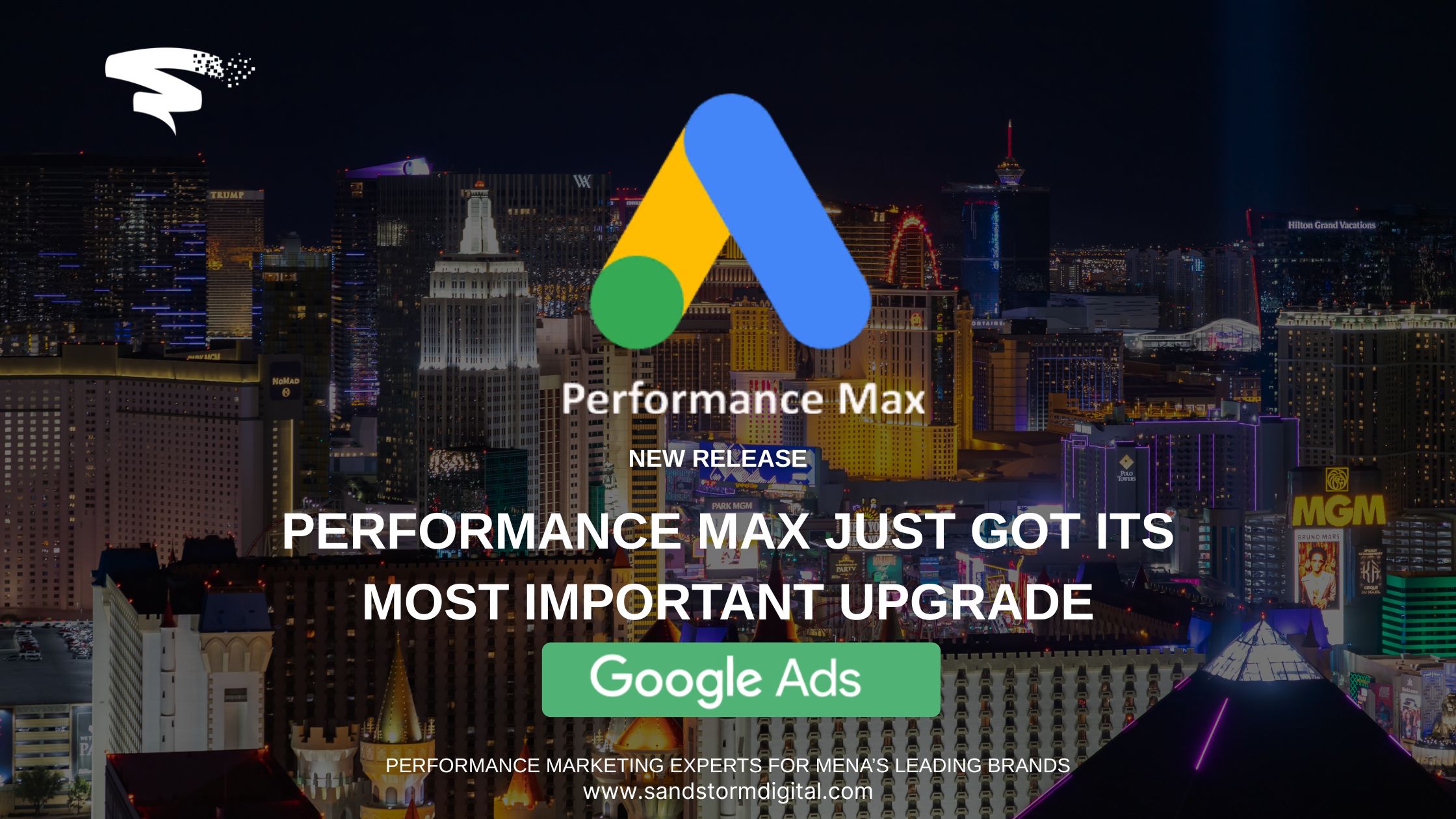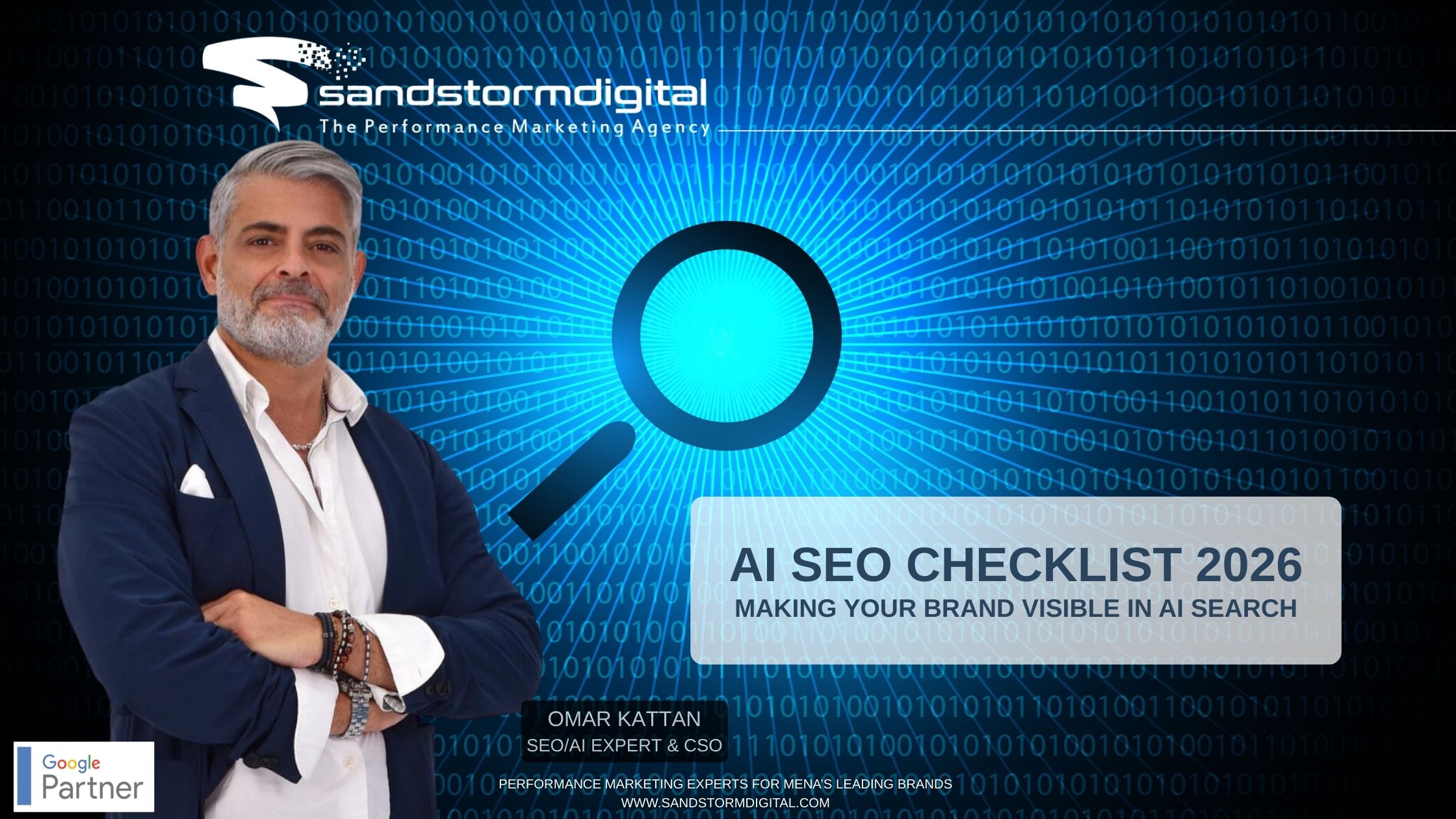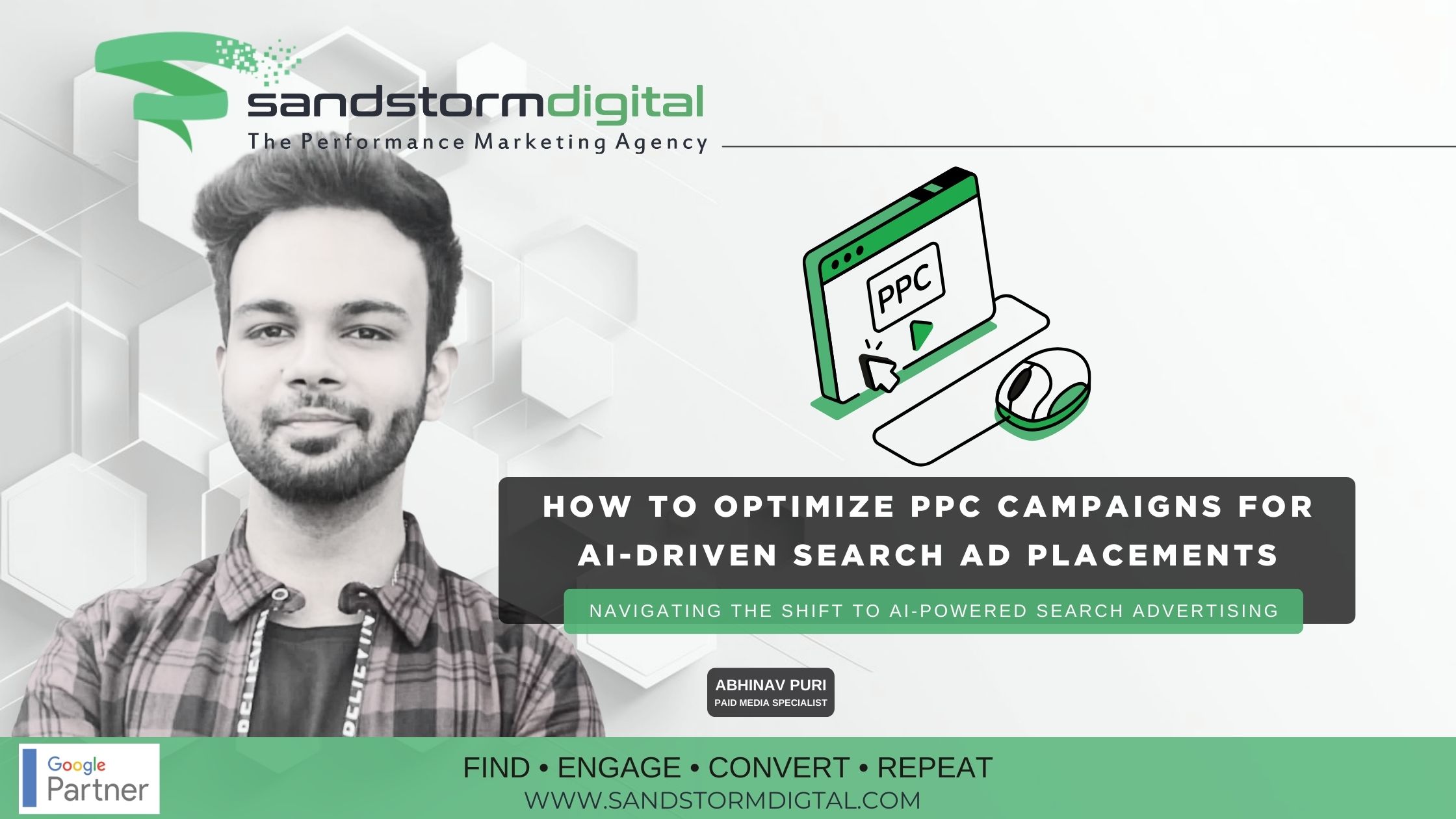Businesses in the B2C space are spoiled for choice when looking for an easy, off-the-shelf e-commerce package to power their online presence. However, those working in B2B face a more difficult task in setting up a functioning website for an affordable price.
Why is the situation so different? Apart from simple market forces – the B2C arena has far more vendors looking for a solution – there’s also a difference in the features a B2B platform needs to address.
Different Approaches for B2B and B2C E-commerce
A large part of consumer e-commerce is concerned with making the buying process as smooth as possible. Successful websites often rely on high-volume, low-value products which people purchase on impulse. When working in B2C, you must remove barriers and objections as actively as you market the product itself.
B2B is a different proposition. Few decision-makers buy business products on impulse. The buying cycle is longer, with long-term commercial strategies taken into consideration. Item values are often much higher, and purchasing decisions considered far more deeply. There are also transaction complications including invoicing, payment terms, service contracts, and so on. All of this makes business e-commerce far more complicated than simple one-click ordering solutions.
The Implications for B2B E-commerce Packages
B2B companies looking to launch or develop their e-commerce operations will face a much more difficult task than their B2C contemporaries. Out-of-the-box consumer solutions usually don’t have the necessary features to translate to B2B, and even if they can adapt with plugins or customization, they rarely fit as well as proper B2B solutions. Here are some differences to look for on a B2B platform.
– Stronger integration with the back-end functions typical in B2B operations. For example, you may want to hook your website directly into Salesforce or another CRM package, rather than to rely on online purchases to complete a transaction.
Fewer cosmetic bells and whistles, with less reliance on stimulating emotional buying.
Greater emphasis on depth of information, providing enough data to inform a buying decision.
Flexibility in payment. Offering a Paypal checkout isn’t enough – you need to provide for electronic invoicing, offline payment, credit terms, and other options absent from most B2C situations.
All of this adds up to making B2B e-commerce significantly more complicated than standard consumer websites. Mass-market solutions such as Shopify or Magento can provide partial but not ideal solutions, while enterprise-level software from the likes of IBM and Oracle is overkill for most smaller businesses.
So what’s the answer?
If you’re looking for a stronger, more efficient B2B website, it pays to look beyond a standard web design agency with a background solely in consumer websites. Look for a development partner with strong B2B experience, who understands the particular issues involved, and who can provide a bespoke solution rather than merely add superficial branding to an off-the-peg B2C e-commerce package.











